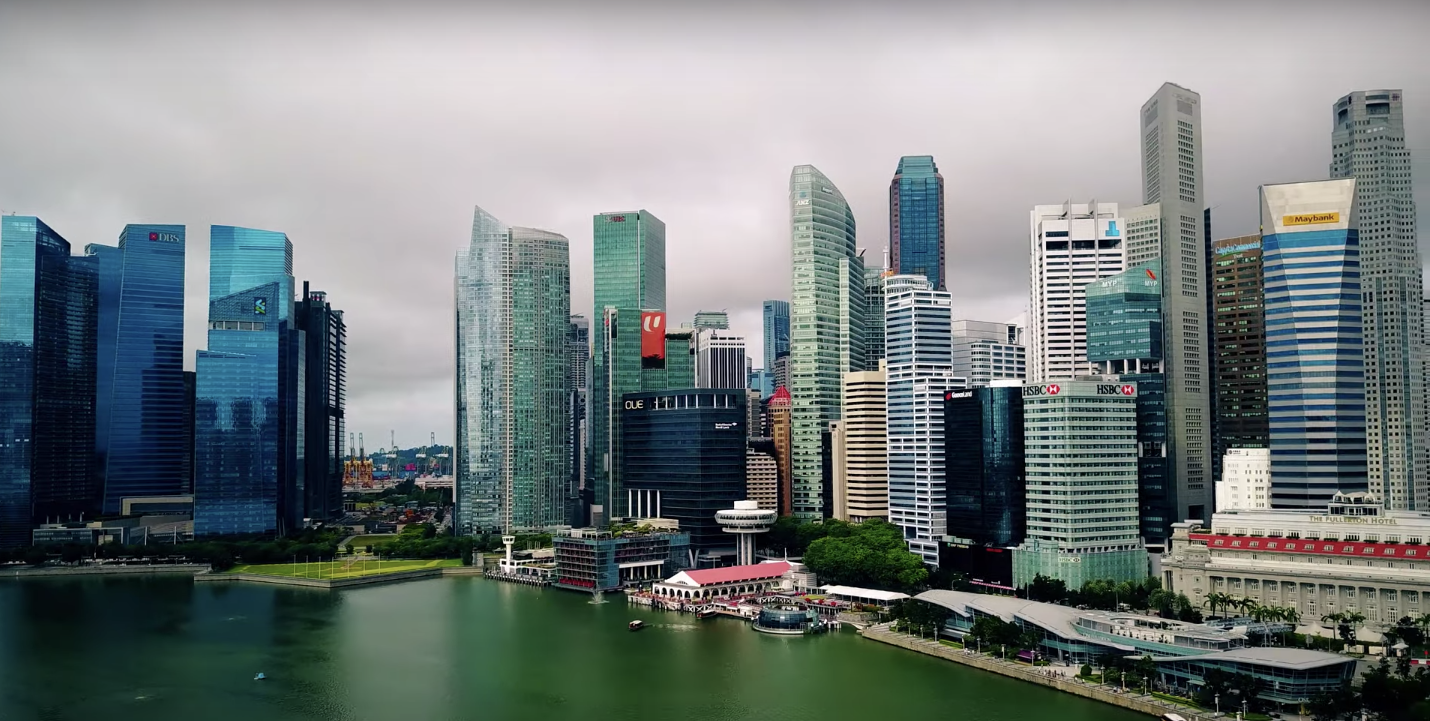SINGAPORE — A new report about hiring trends around Asia has found that Singapore is the most desirable destination for jobseekers looking to relocate for work. The globally competitive nation has bested other favourites such as Europe, North America and China in terms of an attractive destination for work.
On Monday, July 22, RGF International Recruitment’s Talent in Asia surveyed 11 markets in Asia for hiring trends — China, Hong Kong, India, Indonesia, Japan, Malaysia, the Philippines, Singapore, Taiwan, Thailand and Vietnam.
The report noted that the two main industries that draw the most jobseekers are the life sciences and healthcare sector and the technology sector, which encompasses the internet and telecommunications industries as well. This data was gathered from over 3,500 responses from jobseekers across the 11 markets surveyed.
The survey showed that Singapore is the place to be for Asian jobseekers willing to relocate their lives for work, beating other attractive destinations like Europe and North America.
For example, 30 percent of Japanese working professionals picked Singapore as their top destination, over 18 percent who chose Europe and another 18 percent who chose North America.
Indonesian, Thai, Malaysian and Indian respondents agreed strongly with the Japanese, citing Singapore as their top destination to relocate to for work, with 38 percent (Indonesia), 34 percent (Thailand), 32 percent (Malaysia) and 29 percent (India) of respondents picking the country as their number one spot.
Taiwanese working professionals, however, went in a different direction, choosing mainland China, at 18 percent, as their top destination, followed by Japan as their second choice at nine percent.
“Singapore remains a desirable and competitive location for multinational corporations to set up their regional headquarters and innovation hubs. The start-up economy is strong, with a growing culture of creativity and collaboration, and an increasing focus on lateral and ‘out of the box’ approaches to work,” read the report.
Singapore has been touted as one of the best places in the world for honing and growing entrepreneurial talent.
This January, The Independent previously reported on the results of the 2019 Global Talent Competitiveness Index (GTCI), which studied different nations’ abilities to enable, attract, grow, and retain entrepreneurship. As a result of the global survey, Switzerland came out on top, with Singapore in second place and the United States in third.
Those statistics are proving true for Singapore, which boasts of a globally competitive economy and a hub for nurturing talent.
“A strong economy, a robust start-up ecosystem and a culture of creativity and collaboration make Singapore a desirable location for talent from all over the world.
The popularity of Singapore as a destination to live and work means talent must possess the skills needed across key industries to stand out in a competitive marketplace, especially in key sectors such as healthcare and technology.”
– Excerpt from a media statement by managing director of RGF International Recruitment, Singapore, James Miles.
The RGF report noted that the top sector chosen by young professionals in Singapore is healthcare, as propelled by “a fast-growing ageing population and huge advancements in medical technology”.
Asia’s healthcare industry is booming. According to the report, healthcare spending across Asia will likely breach S$3.1 trillion by 2026. Singapore’s Ministry of Health predicts that by 2020, around 300,000 positions in the healthcare industry will need to be filled.
Interestingly, only nine percent of Asian healthcare professionals are attracted by the idea of switching industries.
Another top sector is the technology industry, which encompasses the Internet and telecommunications sector, and goes hand-in-hand with Singapore’s national initiative toward digitalisation.
The report found three particular fields where there is a high demand for technology talent — big data, artificial intelligence (AI) and cyber security.
While the healthcare and technology industries are the most desirable for working professionals, they are also extremely fast-moving and competitive, with business imperatives that constantly evolve.
This means that employers in Asia are wrestling with the difficulty of finding people to fill key roles so that supply can keep up with the demand, and professionals’ skills will constantly need to be updated in order to stay competitive and current.
To attract the best of the best, employers across different industries look to training and development to boost skills and promote upskilling amongst their employees.
The RGF report found that 71 percent of employers across Asia consider the talent shortage their biggest hiring challenge, followed by low budgets for hiring and the inability of employees to fit in with company cultures.
Low hiring budgets are a big obstacle, especially considering that financial compensation is the top factor that motivates jobseekers. Being able to work with “top calibre colleagues” and opportunities for career advancement are the two other top driving factors in the job search.
In terms of compensation, 83 percent of working professionals in Singapore expect an average salary increase of 17 percent when switching to new jobs or industries.
Across the 11 markets surveyed by RGF, Singapore was the only market where employer pessimism in terms of business growth and hiring plans scored nil at 0 percent, while 53 percent were optimistic and 47 percent scored neutral.
Among all Singaporean employers surveyed, 57.9 percent (or six out of 10) will be hiring zealously and plan to expand their head count in 2020, with 15 percent of businesses even investing in AI to help pinpoint effective recruitment strategies.
While jobseekers from around Asia are keen to make the move to Singapore as a dream destination for work, Singaporean professionals, on the other hand, don’t feel much like moving from their home turf. The only two other countries cited as acceptable by working professionals in Singapore are Hong Kong and mainland China. -/TISG

